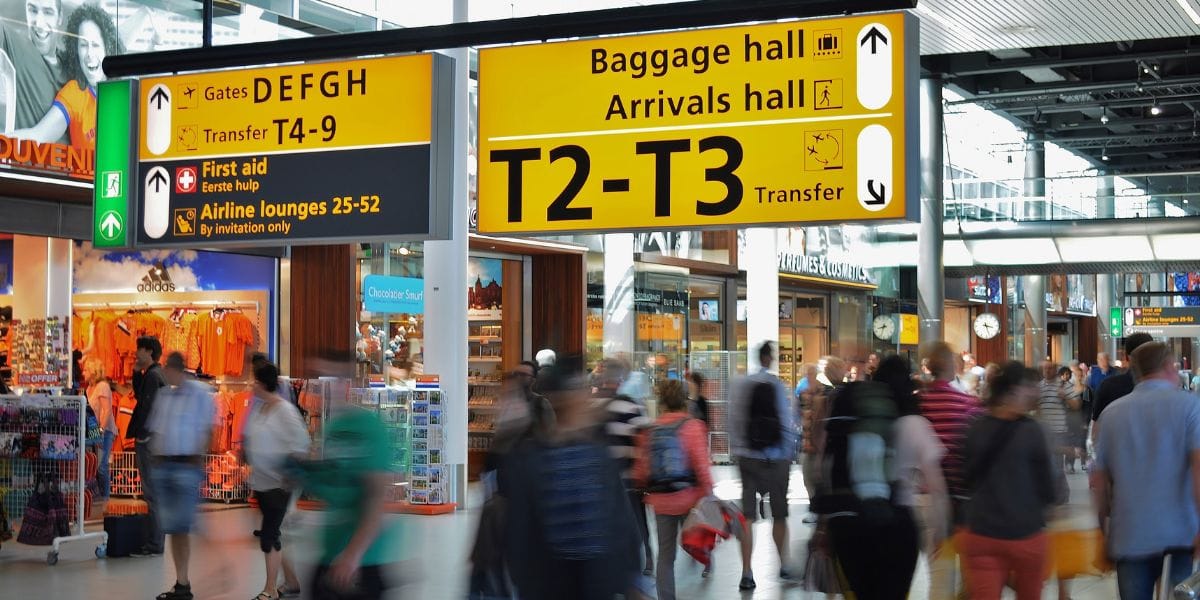The foreign exchange market (or Forex) is a global, decentralised market for trading currencies. When you turn on the news and hear them talking about the Australian dollar buying 75 US cents, that’s Forex. And while it might not get as much attention as the stock market, it’s actually the largest financial market in the world.
The Bank of International Settlements estimates daily Forex trading volume at $5.1 trillion.
That’s five followed by 12 zeros. $5,100,000,000,000.
For perspective, the World Bank estimated the total volume of stocks in 2016 was $77.5 trillion. And unlike the stock exchanges, the foreign exchange markets are open 24 hours a day, except weekends. Trading from 22:00 GMT (Sydney) on Sunday to 22:00 GMT Friday (New York).
Historically, the Forex market was dominated by governments, central banks, large institutional investors and big business. Today, if you have internet access, you can trade on the Forex market. Even from your phone.
It’s the crossroad, where global commerce and investment meet. Think about it, when an Australian mining company purchases Chinese made equipment, they go through the Forex market. When a Super fund invests in US treasury bonds or you allocate assets to a Japanese business, you pass through the foreign exchange market.
Many economists believe it’s the closest thing we get to perfect competition, once you remove currency intervention by central banks. Currency intervention is when a central bank actively participates to influence the value of the national currency through monetary policy.
What is Perfect Competition?
Perfect competition is an idea from economics where:
- Everyone sells an identical product
- No one person can control the market price
- Everyone has a relatively small market share
- There are no barriers to entry or exit
- Everyone has perfect information about what is being bought and sold
It’s the opposite of a monopoly where one business sets the price to whatever it wants because there are no alternatives and competitors can’t enter the market.
Under perfect competition, no one can develop into a monopoly because there are many buyers and sellers and prices reflect supply and demand. If anything becomes too expensive, a new business will enter the market at a lower price.
Everyone earns enough profit to survive, and no more, because any excess profits are competed away as other businesses enter the market and drive profits down. As an (oversimplified) example if one currency becomes overvalued, people will sell it to buy another currency and eventually the price will come down back to what it is worth.
The Exchange Rate
The foreign exchange market as we know it began forming during the 1970s. For three decades prior, the Bretton Woods system of monetary management set the rules for commercial and financial relations among the world’s major economies after World War II.
The Bretton Woods system made each country adopt a monetary policy to maintain the exchange rate (+/- 1 percent) by tying its currency to the price of gold.
When Richard Nixon, in 1971, decoupled the US dollar from gold, the rest of the world soon followed suit and now most currencies are fiat money. All that means is currencies have no intrinsic value.
Today, most currencies values are determined through supply and demand on the foreign exchange market. This is called a floating exchange rate.
Economists believe floating exchange rates are preferable to fixed exchange rates (like the US was prior to 1971) because they automatically adjust to shocks and foreign business cycles. According to the Mundell-Fleming model, a government can’t simultaneously maintain a fixed exchange rate, free capital movement and an independent monetary policy. It must pick two.
These days, governments are more focused on free capital movement and independent monetary policy than fixing their exchange rate.
So, exchange rates now come down to economic factors, political conditions and market psychology. That said, in extreme cases of appreciation or depreciation, a central bank may intervene to stabilise their currency. That’s part of the reason why the foreign exchange markets aren’t exactly perfectly competitive.
Summary
Free floating exchange rates are increasingly common and a typical foreign exchange rate involves buying a quantity of one currency for a quantity of another, at fluctuating prices. And the price determined by the forces of supply and demand in the foreign exchange market.
The foreign exchange market is the largest market in the world, with over $5 trillion traded daily. Whether you’re buying US Treasury bonds from Australia or just buying Thai Baht for a trip to Thailand, it’s part of your life. And with more and more of our economy and life tied to the global economy, it’s more important now than ever before.



